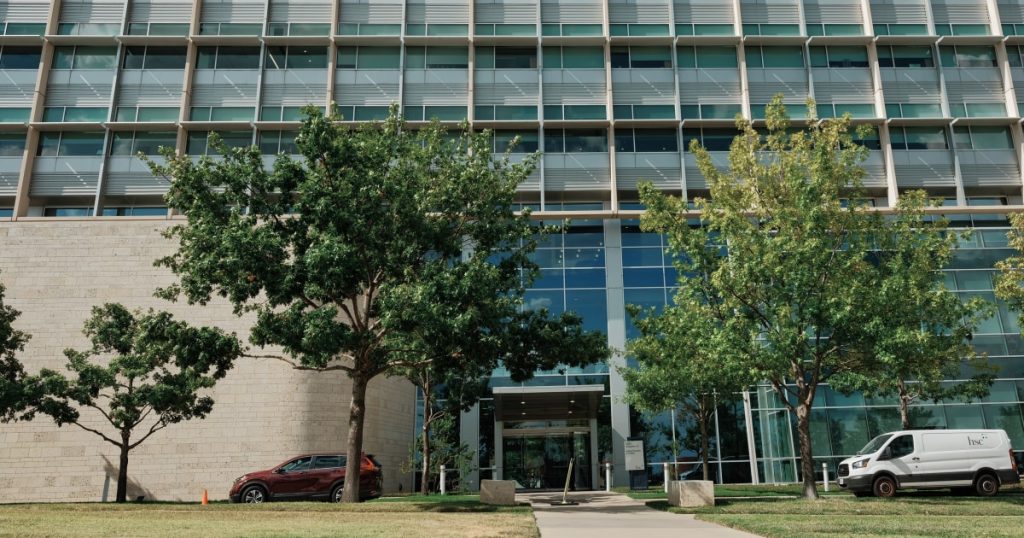An NBC News investigation has revealed that two populous counties in Texas have been sending unclaimed bodies to a medical school in the state, where they are used for medical training and research without the consent of the deceased or their families. These bodies were often cut up and shipped to various recipients, including for-profit medical device makers, other universities, and the Army. The recipients leased these body parts for high prices, resulting in a violation of modern ethical standards and leaving many families traumatized upon learning that their loved ones were dissected and studied without permission. While this practice is legal in Texas and many other states, there are significant ethical concerns surrounding the use of unclaimed bodies for research purposes.
Dallas and Tarrant counties have collectively sent over 2,350 unclaimed bodies to the University of North Texas Health Science Center in Fort Worth since 2019, with over 830 of these being selected for dissection and study. The Health Science Center initially defended its practices but later suspended the body donation program, fired its leaders, and initiated an investigation following NBC News’ report. Families of the deceased were often left unaware of the fate of their loved ones, with death investigators and the Health Science Center failing to contact relatives before using the bodies for research. Many families only found out about this practice through NBC News, causing significant emotional distress and feelings of violation.
The use of unclaimed bodies in North Texas was economically driven, with medical examiners and coroners saving significant costs by sending these bodies to the Health Science Center and in return, the center receiving valuable material for educating future doctors. The bodies were used not only for teaching medical students but also provided to medical training and technology companies for product development and training purposes. Financial records indicate that the Health Science Center generated approximately $2.5 million annually from outside groups through the supply of unclaimed bodies.
Although several companies, teaching hospitals, and medical schools that received body parts from the Health Science Center claimed they were unaware that the bodies were unclaimed, some announced plans to review their policies in response to the revelation. The American Association for Anatomy has released guidelines stating that programs should not accept unclaimed individuals for ethical reasons, and NBC News’ survey of major medical schools revealed that none of the responding institutions used unclaimed bodies. Following NBC News’ findings, significant changes were implemented, including the suspension of the body donation program by the Health Science Center and the firing of officials involved.
The practice of studying unclaimed bodies violates modern ethical standards, harkening back to a dark history when medical schools engaged in grave-robbing to obtain bodies for experiments. While some state laws allow for the use of unclaimed bodies, the medical community has largely moved beyond this practice. NBC News’ investigation prompted immediate responses, with the Health Science Center suspending its program and officials in Dallas and Tarrant counties reassessing their agreements. There is a growing recognition of the need for consent and ethical considerations when using human remains for medical research, signaling a shift away from the outdated practice of utilizing unclaimed bodies for educational purposes.


